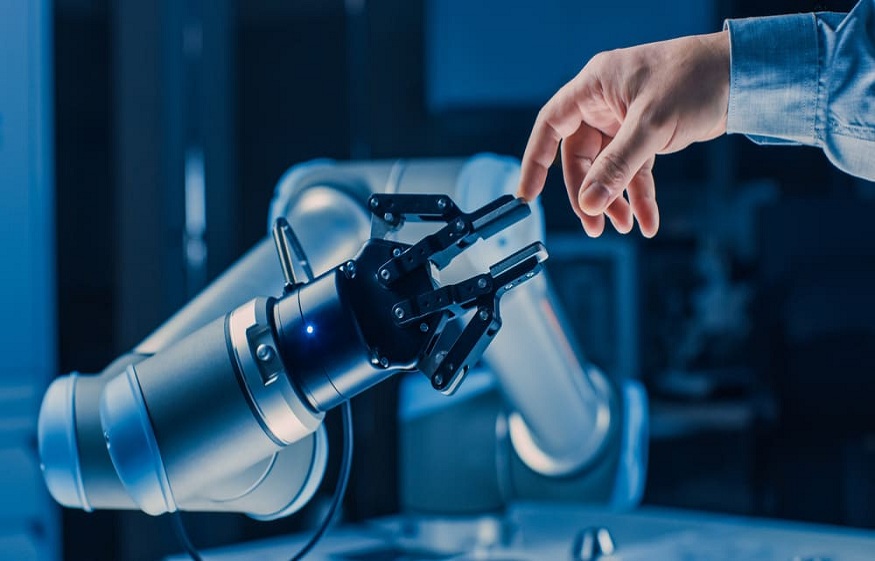
Big Pharma Is Hiring for Robotics, But Why?
A recent market analysis from Pharmaceutical Technology reveals that Big Pharma increased robotics hiring in June of 2022. Overall, hiring robotics specialists has remained steady for 2022. So June’s slight up-tick by no means represents a sudden spike in open positions.
With all that said, you may be wondering why pharmaceutical companies would hire robotics specialists at all. First of all, they are not alone. Biotech and life sciences companies are doing the same thing. They all want robotics specialists because robotics is increasingly playing a larger role in the daily operations of companies in all three industries.
Do not trip over this by assuming companies are looking for humanoid robots capable of sweeping the floor and pouring coffee. Robots come in all shapes and sizes. They are able to do all sorts of tasks. They are especially valuable in pharma, biotech, and life sciences because some of the work they perform is either dangerous or well beyond human capabilities.
Keeping Human Workers Safe
From a safety standpoint, Big Pharma appreciates robotics because they can be utilized to keep human beings safe. For example, imagine testing a new drug to deal with a dangerous virus or microbe. Why expose human testers to the danger when robots can perform the work? Advanced robots can set up experiments and run them. If they are exposed, it’s no big deal.
If we have learned anything from the COVID pandemic, it is the importance of containing dangerous viruses and pathogens when they are being worked with in a lab setting. Robotics can help do that to some degree.
Robotics and Artificial Intelligence
One of the more exciting aspects of robotics in pharma these days is the deployment of artificial intelligence (AI). AI-enabled robots bring automation to research, analysis, and testing. They increase efficiency by handing off mundane tasks to machines so that human workers can focus on more important things.
Note that automation is just the start. Because robotics are basically machines running on software, they have immense computing potential that has already proven itself valuable to pharma, biotech, and life sciences. Data analysis immediately comes to mind.
AI-enabled robots can run tests and collect data. They can then crunch that data more quickly than human scientists. Better yet, they can compare the data against multiple companion databases existing either in-house or in other locations. Robots can make data usable in a matter of hours rather than days or weeks.
Working in Robotics
So, just what types of robotics employees are Big Pharma companies looking to hire? According to the people behind the Pharma Diversity job board, there are essentially three career paths:
-
Software –
-
Hardware –
-
Operations –
As both robotics and AI have advanced, they have become more important to the pharmaceutical, biotech, and life sciences industries. That is demonstrated by consistent robotics hiring in all three sectors. If you are interested in robotics and making the world a better place through science, consider a career in pharma, biotech, or life sciences. All three need robotics experts.




